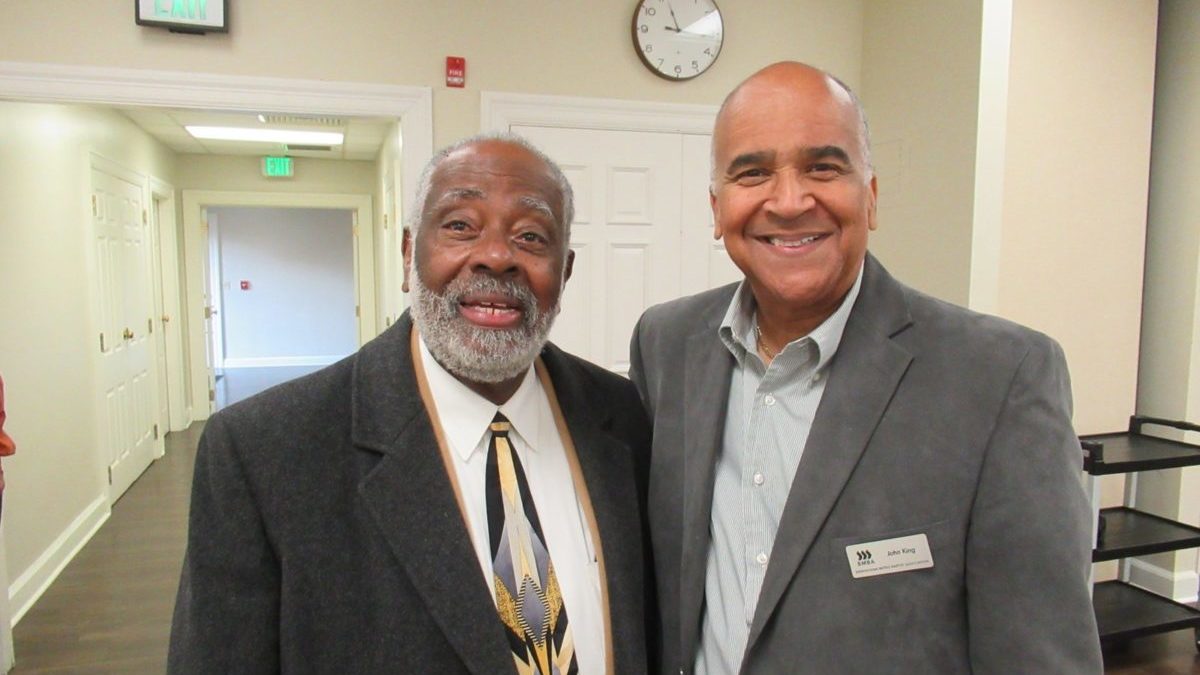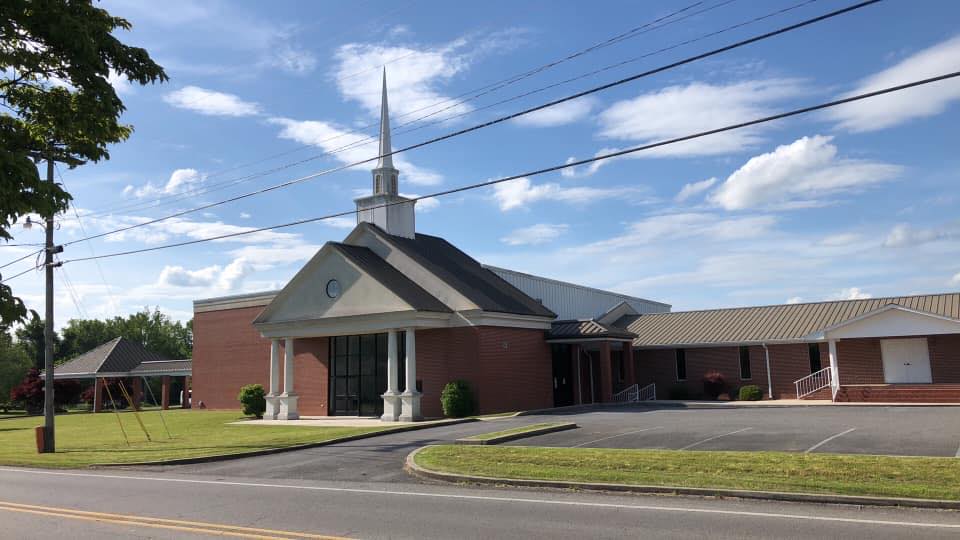Robert Smith Jr., professor of Christian preaching at Beeson Divinity School, suggests an occupational hazard in pulpit ministry is reading the Bible too quickly.
“We must read the Bible slowly, without assumption,” he asserted.
Smith, in his 26th year at Beeson, was the guest speaker at Birmingham Metro Baptist Association’s pastors fellowship at First Baptist Church Birmingham Dec. 1.
Rehearing the text
“A great obstacle is we think we know the text, many of them so familiar,” Smith explained, “but we must bring the naivete of a child to our reading as though we’ve never been there before. We focus on the passage, think through it and internalize what it says.
“We can be guilty of trespassing on the territory of the Holy Spirit unless we read the text again and again until its words own us,” Smith warned. “We use our cranial and cardiological skills until the truth is imprinted on the screens of our minds and we’re moved by our understanding.”
Preachers must ask questions in order to understand, Smith noted.
“Luke tells us that the good shepherd left the 99 in the ‘open country’ while going away in search of the one lost sheep,” Smith said. “But there were wild animals and other dangers in the open country, weren’t there? Why would he do this?
“The passage teaches us the incredible love of Christ, that He would leave heaven for each one of us. Heaven was bankrupt when its crown jewel left, but it was for our benefit.”
Familiar characters in the Bible aren’t “models of morality” but “mirrors of identity,” Smith asserted.
“We often make these characters ‘plastic saints’ without thinking about their battles. They struggled just like we do.”
“Think about Abraham who was commanded to take ‘the son you love’ and burn him on the altar,” Smith said. “Imagine Abraham’s devastation when the Lord appeared to cancel the promise He’d made to bless the world through Isaac. Of course, his faith triumphed according to Hebrews 11 when he trusted in the God who brought the miracle son to him and Sarah in the first place, and whom he believed could raise Isaac from the dead. But this doesn’t mean he didn’t question the command of God.”
Taste and see
Smith further exhorted pastors to use all their senses to understand the Bible.
“The theologian Helmut Thielicke claimed ‘the olfactory glands are the organ of remembrance,’” Smith quoted. “The sense of smell is powerful, and we can all remember certain odors both good and bad. They trigger our memories.”
As an example, Smith noted the story of Peter denying his friendship with Jesus while warming his hands at a “charcoal” fire, according to John 18:18.
“What does charcoal smell like?” Smith asked. “It has an odor that is unique and unforgettable.
“Then Jesus made a charcoal fire after His resurrection and cooked fish for the disciples, according to John 21:9. Why would the One who fed the multitude need to cook fish? I think the purpose here was to remind Peter of another charcoal fire when his faith failed, and he denied the Lord.
“This brought about the three questions, ‘Peter, do you love me?’ and Peter’s rededication.”
Smith said the sense of touch also should be brought to the exegesis of scripture.
“Jesus touched the untouchables,” he noted.
“What is it like to touch people overlooked by society? If you want to know what Jesus is like, see the people He hung around and the people He touched,” Smith said. “He wasn’t invited to many prayer breakfasts with the political leaders of His day. He touched everyday people and invited them to forgiveness.”
Preparation
In response to an audience question, Smith said he doesn’t use a manuscript or notes when preaching, though he doesn’t prescribe that as the norm for everyone.
“Some have a manuscript or a homiletical outline or speak without an outline, and this is fine,” he said. “However, we must be sure to ‘prepare carefully and preach freely,’ as David Martyn Lloyd-Jones said.”
Smith compared sermon preparation to a “crockpot” rather than a “microwave.”
“Pastors prepare all the time, not necessarily with a day-to-day schedule that is inviolable,” he explained. “He might plan to study on Monday, but someone may die in the church, and on Tuesday someone may have an accident. But this doesn’t stop us from reading and reflecting all week on the chosen text. That’s why we must always have pen and paper handy when God speaks, even in the middle of the night.”
Smith insisted he is not an expert, but an encourager.
“Keep doing what you’re doing, and do it better,” he told attendees. “God uses us by His grace to proclaim His truth.”
More information is available at bmbaonline.org. BMBA will add email notifications for future meetings by request.






Share with others: